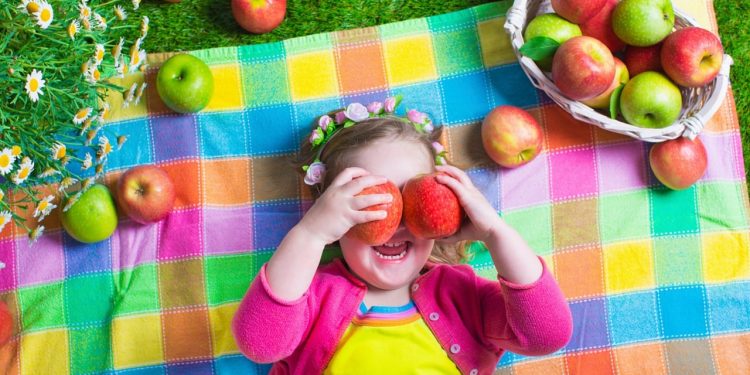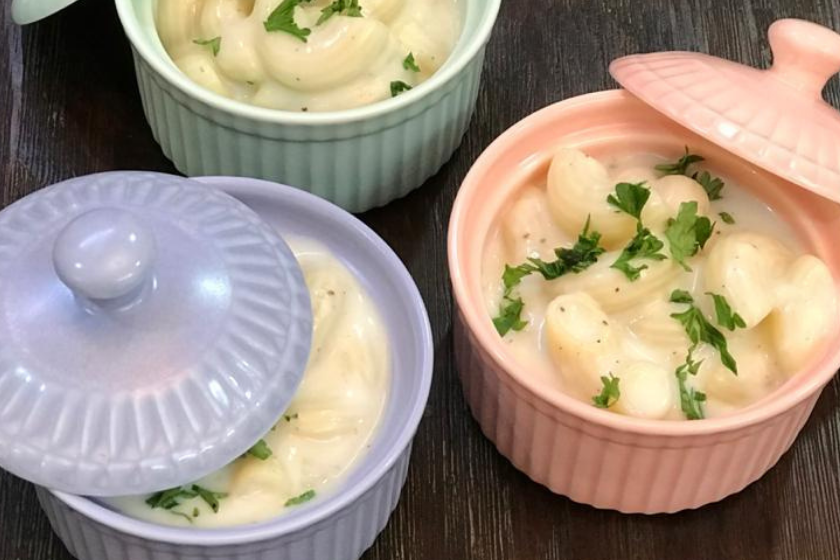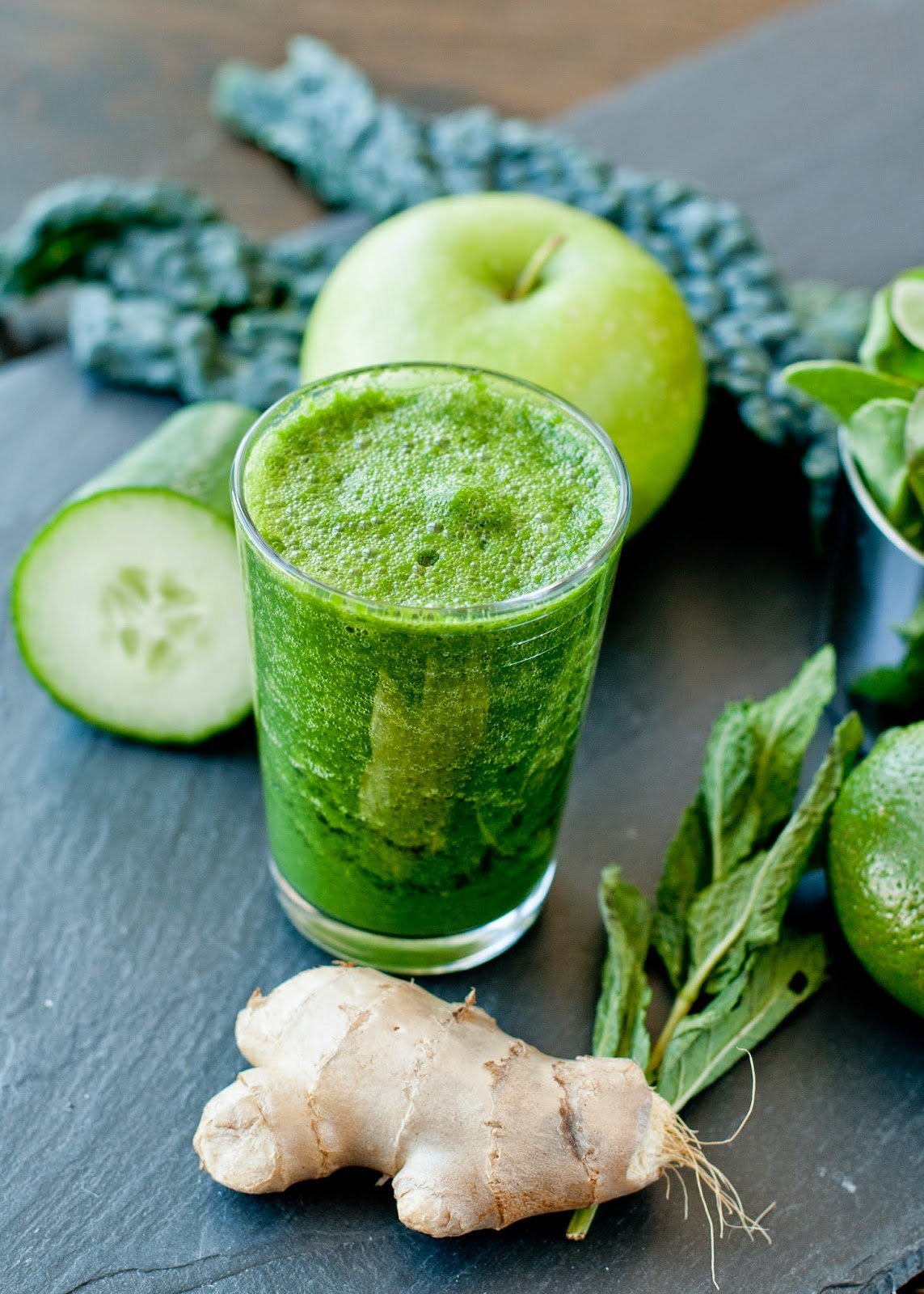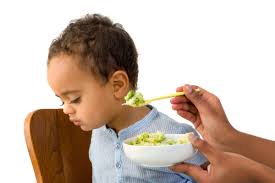Toddlers eat smaller amounts of food at one time than adults because they have smaller stomachs, and given the portion size, these “meals” would be better described as snacks. Eat three square meals a day and no snacking in between – that’s something we’re often told as adults. But when it comes to children, and particularly toddlers, this way of eating doesn't meet their needs.
You may also like: KSP Radio Episode 17: Fun Ways To Learn To Eat Healthy!
For many toddlers, 25% of their calorie intake actually comes from snacking, which makes it critical that the snacks are wholesome and nutritious. Healthy snacks can also provide your little one with the nutrition they may be missing during regular meals, particularly if she/he is a picky eater. Snacking is often seen in a negative light even when it comes to children. But good healthy snacks can actually play a really important role in meeting a child’s daily nutritional needs.
Planned snacks can use a combination of ingredients and food groups to offer balanced nutrition as part of your toddler’s diet, or you can choose to focus on one food group you’d like your little one to explore. While gaining proper nutrition, your toddler can also have fun snacking by learning about new textures, shapes, and the flavour combinations provided by unique ingredients. Snacks are a great way to eat the right colours too!
THE MYTH

Image Source: https://feedingmykid.com
“Snacks always ruin a child’s appetite for meals.” Not true!
Snacks can actually fuel growing bodies and help keep your tot on a healthy eating schedule. For a hungry tot, waiting too long between meals can just be too much. To avoid meltdowns without spoiling mealtime, choose appropriate portion sizes and avoid refined carbohydrates with low nutritional value. When your child learns to satisfy herself with real nutrition, she builds a healthy relationship with food. To help prevent those hyperactive afternoons and inevitable crashes, choose a toddler diet that includes colourful vegetables, fruits, whole grains, and proteins. Just like us, our little ones need well-balanced nutrition.
Guide to toddler snacking – why snacks are important and what to serve!

Image Source: http://www.autoecole-jeanlouis.com
1. 2-3 snacks a day is ideal for children. One mid-morning, one mid-afternoon and the last one before bed or two spaced out during the afternoon if they have a late dinner. Spacing snacks out help to manage a toddler’s hunger and keep their energy levels steady all day. No one likes a hungry child!!
2. Small children have little stomachs. They cannot eat as much as adults can at mealtimes so snacks are an important way of supplementing what they eat for their main meals and making sure they meet their daily calorie requirements.
3.Portion control and timing is important also. If you allow toddlers to graze on snacks all afternoon it’s unlikely they will be hungry enough for their dinner!
4. New guidelines suggest that kids should be eating up to ten portions of fruit and veg a day now (as if five wasn’t hard enough!!). Snacks are the perfect time to serve some extra fruit and veg and pack in those vitamins and minerals that are so vital for growing little bodies.
5. Serving some whole grains and proteins as part of a snack is ideal as this will help to fill children up and satisfy their hunger without crazy blood sugar spikes.
6. Presentation of food is important when it comes to children. Serve their snacks in divided plates as .it encourages them to eat, or at least try, a little of everything.
You may also like: Recipe: Creamy Chocolate Fudgesicles With A Healthy Twist For Your Toddler
Favourite Snack Time Tips

Image Source: http://www.essentialbaby.com.au
It’s always best to read the nutrition labels while shopping in the grocery store. The goal is to fill your pantry with options that offer a good balance of nutrition for your toddler. Don’t just look at the nutritional values—be mindful of the “ingredients” used to create the products you’re purchasing. Generally, the fewer ingredients the better, and sticking to words you recognize and can pronounce is always a good rule of thumb!
Every toddler is different and will develop at his or her own pace so don't worry. You’ll know when your little one is ready for certain snacks. As always, your tiny taster should be seated when eating and supervised.
- Try Veggie Snacks: Keeping portioned snacks like baby carrots washed, cut and ready to go in the fridge will help when toddler hunger strikes and you’re on the move. For younger tots we recommend you cook the carrots until soft and cut them into smaller pieces.
- Add Seasonings: Using flavours that your toddler loves is a perfect way to make snack time more exciting. For younger tots, try seasoning cooked and cut veggies with some of your favourite herbs and spices and a small dash of sea salt. If your little one enjoys dairy, try adding comforting spices like cinnamon or nutmeg to their favourite yoghurt or cottage cheese.
- Remember To Make It Interactive: Try dipping slices of whole grain pita in hummus or guacamole—little ones love to dip and dunk!
- Don't Stress About Treats: Tasty treats are important, too—just not for every snack or every day.
- Add Water: Hydration is key and will keep your tot from reaching for treats when they may actually just be dehydrated. Also, water is always a better option than filling up on fruit juice which could be laden with sugar.
- Make It A Snacktivity: If you have time, plan to cook or prepare a snack with your child in the kitchen; they will begin to appreciate food much more. Research shows they are more likely to eat foods they have helped prepare.
Snacking well can be a challenge, especially once kids are old enough to make independent food choices. But if you've set the stage right from the start — offering mostly nutritious choices at home and encouraging good alternatives when away — they're more likely to reach for something healthy when a hunger pang strikes.
You may also like: Chef Kunal Kapur On The Foods You Need To Include In Your Child's Diet
Don’t forget to follow us on Facebook, Twitter, Pinterest, Soundcloud & Instagram or subscribe to our YoutubeChannel for more information.




















